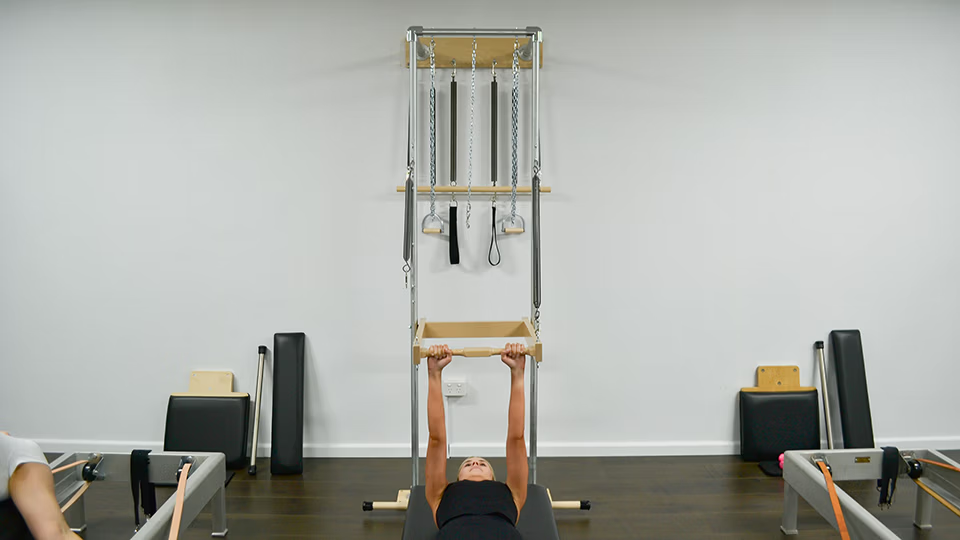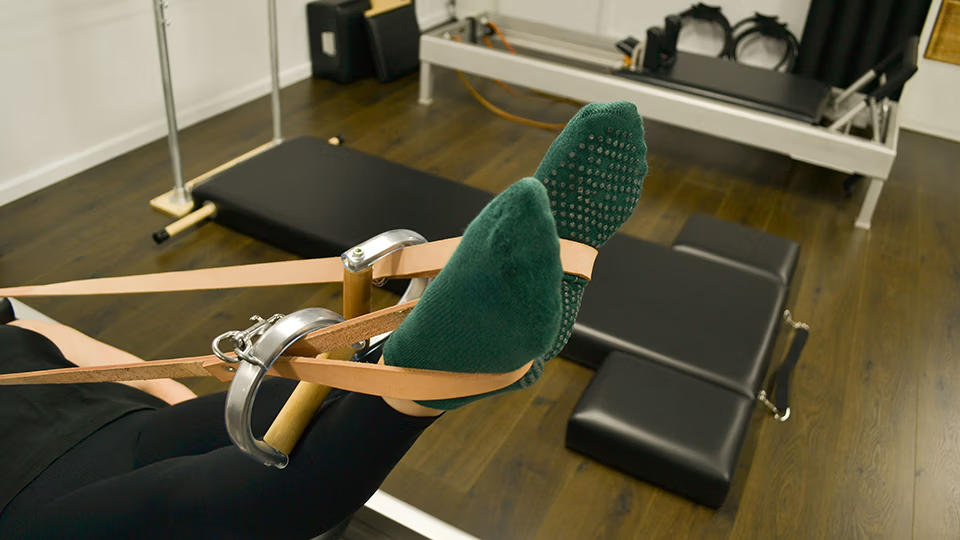
Reformer Pilates is a safe and effective way to stay active during pregnancy, to improve physical health and overall wellbeing. Pregnancy brings many physical changes, muscles, joints and weight shifts which affect mobility and exercise needs. Prenatal Pilates classes are designed to support pregnant women by focusing on core strength, balance and flexibility. This type of exercise encourages safe and functional movement, to maintain stability as the body adapts to these changes.
Exercising during pregnancy reduces the risk of gestational diabetes and overall health. As weight gain affects balance and exercise routine, modifying workouts is important. Staying active also benefits mental health, reduces the risk of depression and anxiety. Adjusting exercise routine throughout the different trimesters ensures safety and effectiveness as the body changes. A well structured exercise program can help pregnant women feel confident and prepared for motherhood, to support them on their journey to birth.
Reformer Pilates is a low impact exercise method, making it safe and suitable for pregnant women. Reformer Pilates exercises strengthen the core and pelvic floor muscles which can reduce the risk of joint and pelvic pain and alleviate common aches. As pregnancy progresses side lying positions are recommended as a safe modification to make workouts more comfortable and safe.
You must consult with a healthcare provider before starting any new exercise program during pregnancy. Working with a qualified instructor ensures Pilates exercises are modified to suit the changing body and focus on stability which is key to safety during pregnancy workouts. If you feel dizzy during exercise stop and rest. Listen to your body and take regular breaks to prevent injury and discomfort. Gentle stretching helps with flexibility and injury prevention.

First trimester is a critical period to establish a safe and effective exercise routine. Prenatal Pilates classes help pregnant women to maintain physical health and wellbeing during this stage. Gentle movements and breathing techniques can help with fatigue and morning sickness.
Strengthening the core and pelvic floor muscles during first trimester supports the pregnant body and reduces discomfort. Exercise also helps with mental health and stress reduction during this early stage of pregnancy.
The pelvic floor muscles support the pregnant body and prevent discomfort. Prenatal Pilates exercises target these muscles to strengthen them, reduce incontinence and pelvic pain. A strong pelvic floor supports the baby and overall physical health.
Practicing pelvic floor exercises during pregnancy and postpartum is crucial. A qualified instructor can guide you on proper techniques to ensure effectiveness and safety.
Exercising during pregnancy has a huge positive impact on mental health by reducing stress and anxiety. Prenatal Pilates classes provide a supportive community for pregnant women to feel connected and confident. These classes bring together women at different stages of pregnancy to share experiences.
Focusing on breathing techniques and relaxation exercises helps with stress and overall wellbeing. Exercise also reduces the risk of depression and anxiety during pregnancy and postpartum. Mental health is key to a healthy and positive pregnancy journey.
Pregnancy back pain is a common discomfort many pregnant women experience as their body adapts to a growing belly. Hormonal changes and a shifting centre of gravity puts extra strain on the back causing aches and pains. Reformer Pilates and prenatal Pilates classes are great ways to address this issue as they focus on strengthening the core and supporting muscles which can help improve posture and reduce pain. Pilates exercises that focus on gentle stretching and targeted strengthening of the back muscles can give much needed relief and prevent further discomfort. Pregnant women must communicate openly with their instructor about any pain they are experiencing so workouts can be modified to suit their needs. Good nutrition and staying hydrated also helps to minimize back pain during pregnancy. Postnatal Pilates classes can continue to support women after birth to manage and alleviate back pain as their body recovers.
For postpartum women, exercising after birth is crucial to regain strength, endurance and confidence. Postnatal Pilates classes are designed to support the changing body after childbirth, focusing on strengthening the core, pelvic floor and other specific muscles affected during pregnancy and delivery. Before starting any exercise program, consult with your healthcare provider to ensure the timing and type of exercises are suitable for your recovery. Pilates classes provide a supportive environment for new mothers to rebuild their physical health, mental health and reduce the risk of depression. By focusing on gentle effective movements, postnatal Pilates helps women feel confident in their body again, supporting both physical and emotional wellbeing as they navigate the early stages of motherhood.
Prenatal Pilates, reformer Pilates and postnatal Pilates classes have so many benefits for pregnant women and new mums. These pilates exercises help with physical health, reduce the risk of gestational diabetes and joint and pelvic pain throughout the pregnancy journey. By being active and exercising regularly, mums-to-be can support their fitness level, prepare their body for birth and have an amazing transformation. After birth, postnatal classes help with recovery and confidence, overall wellbeing and adjusting to motherhood. Remember to listen to your body, take breaks to avoid fatigue and injury and consult with your healthcare provider before starting any new exercise program during pregnancy or after birth. Take the next step and join a Pilates class and feel strong, supported and prepared for every stage